Student Success & The Northern Experience
Help animal recover more quickly and fully from injury.
Our one-year Companion Animal Physical Rehabilitation graduate certificate program for veterinary technicians will give you the critical skills you need to work in specialized patient care. This program addresses the patient needs and demonstrates the pivotal role technicians play in improving the quality of life for pets.
Does this program sound like a good fit for you?
Connect with us to learn more.
Course Information
2024-2025 Academic Year
Semester 1
This course covers legalities, goals, benefits and applications to common orthopaedic and neurological conditions.
28 Hours
The Kennel Duty courses at Northern College are a vital part of preparing students to provide excellent animal care. You will acquire these competencies through practice while developing responsibility and confidence to work safely, knowledgeably and as part of a professional animal care team in our simulated veterinary clinic environment. During your kennel duty shifts, you will care for the colony animals housed at Northern College, following guidance in our Standard Operating Procedures.
14 Hours
The pathophysiology of pain is covered in depth in this course. Pain sensation, transduction, transmission and perception are discussed, together with ways by which pain pathways can be interrupted. The complementary role of analgesics in contributing to successful companion animal rehabilitation is explored. Students learn about the benefits and risks of specific analgesics that a veterinarian may prescribe to companion animals.
28 Hours
This course reviews the various modalities available for canine physical rehabilitation. These include techniques such as stretching, strengthening and proprioception exercises, application of heat and cold packs, analgesics and massage. These techniques will be applied in a laboratory setting to selected cases.
56 Hours
Focusing on canine anatomy, directional terminology, anatomic planes, bones, muscles, joints, ligaments and tendons, this course will be, an in-depth study requiring students to name and explain the function of the components of the skeletal system, including joints, ligaments and tendons, muscle origins and insertions, muscle function and muscle innervation and blood supply. Lectures will be accompanied by a laboratory component requiring the anatomically correct construction of a Canican model using plasticine to construct muscles, ligaments and tendons. The models will be accurately labeled for all the major skeletal and muscle structures.
70 Hours
This course covers the theory of companion animal massage. Upon the completion of this course, the student will have an understanding of the concepts of massage. The pathophysiology of common neurologic and orthopedic conditions is covered. Conditions that accompany ageing in canines are covered in detail. Common therapies that may be used in the rehabilitation of each condition will be discussed and students will design physical rehabilitation protocols and treatment schedules based on individual case details. Students will develop the ability to formulate treatment objectives and plans for specific conditions. The students will be expected to apply their knowledge and skills developed in previous companion animal anatomy and physiology, communication and behaviour courses.
28 Hours
The student would learn how to conduct a neurological and orthopaedic examination on dogs in order to assess gait, posture and movement. Topics would include assessing range of motion and assigning a lameness score. Review of the importance of palpation in order to detect swellings and lumps will be emphasized. Videos or live demonstrations will be used to demonstrate normal and abnormal canine gaits.
56 Hours
The student is introduced to the concepts and use of electric stimulation (E-stim), low level laser and ultrasound as applied to canine physiotherapy.
56 Hours
Semester 2
This course will introduce students to the fundamental approach to starting and managing a small business in Canada. An examination of what is necessary to start a small business will encompass strategic areas such as goal setting, organizational set-up, financial planning, accounting, marketing, human resources and legal issues.
42 Hours
Improving your knowledge and understanding of the history of the Indigenous peoples of what we now call Canada is an important step to enable Indigenous and non-Indigenous people, organizations, and communities to work together more respectfully. Throughout this course you will have the opportunity to learn, discuss and reflect about many topics that are relevant in the learning journey towards reconciliation.
42 Hours
The Kennel Duty courses at Northern College are a vital part of preparing students to provide excellent animal care. You will acquire these competencies through practice while developing responsibility and confidence to work safely, knowledgeably and as part of a professional animal care team in our simulated veterinary clinic environment. During your kennel duty shifts, you will care for the colony animals housed at Northern College, following guidance in our Standard Operating Procedures.
14 Hours
In this course students will apply skills learned in previous courses to companion animal patients with orthopedic and neurological dysfunction. Assessments, design and implementation of rehabilitation protocols will be carried out in a collaborative environment.
84 Hours
The student learns to apply the principles of aquatic therapy in its various delivery methods to develop protocols for individual cases based on patient assessment.
42 Hours
Focusing on muscle, cartilage, bone, the nervous system and lymphatics. This is an in-depth course requiring students to name origins and insertions of individual muscles and their function. Lectures would be accompanied by a laboratory component requiring identification of individual muscle groups on live animals, as well as dissection of fresh or preserved animal bodies.
70 Hours
The students will use theory that has been taught in Companion Animal Massage RE1022 to apply to their case studies. Massage techniques, friction techniques and using cryo/thermotherapy will be delivered to their patients. Students will be taught different massage routines and how and when to apply them to their patient. This course is hands on, and incorporates the importance of communicating with their patient, but also working in a group setting.
28 Hours
The pathophysiology of common neurologic and orthopedic conditions is covered. Conditions that accompany ageing in canines are covered in detail. Common therapies that may be used in the rehabilitation of each condition will be discussed and students will design physical rehabilitation protocols and treatment schedules based on individual case details.
42 Hours
Career Ready Graduates
Articulation Agreements
A number of articulation agreements have been negotiated with universities and other institutions across Canada, North America and internationally. These agreements are assessed, revised and updated on a regular basis. Please contact the program coordinator for specific details if you are interested in pursuing such an option.
Canadian Field of Study/CIP Code List
CIP Code: 01.8301
International students: check the Canadian Field of Study/CIP Code List to see if your program is eligible for the Post-Graduation Work Permit (PGWP).
- Perform patient examination and collect data on vital signs on patients needing physical rehabilitation.
- Restrain and manage small animal patients in clinical situations where physical rehabilitation is required.
- Administer medications by common drug routes and prepare pharmaceuticals as prescribed by the veterinarian for patients undergoing physical rehabilitation therapy.
- Produce standard diagnostic radiographs on patients requiring physical rehabilitation.
- Collect and process samples of diagnostic laboratory work on patients requiring physical rehabilitation.
- Perform common veterinary diagnostic tests, such as blood chemistries, differentials, culture and sensitivities, and ECGx on patients requiring physical rehabilitation.
- Perform basic veterinary practice management including computer applications.
- Using techniques such as “pain scoring”, recognize and evaluate painful conditions from which the veterinarian may prescribe physical rehabilitation therapy.
- Counsel clients especially in the area of pet nutrition for patients requiring physical rehabilitation.
- Perform functions to enable the patient’s optimal physical function by contributing to the development, implementation, and modification of intervention/treatment plans, under the supervision of and in collaboration with the veterinarian.
- Perform effectively within the roles and responsibilities of the physical rehabilitation technician through the application of relevant knowledge of veterinary sciences, and animal health conditions.
- Practice competently in a legal, ethical, and professional manner within the role of the companion animal physical rehabilitation technician.
Career Opportunities
Graduates are able to establish their own physical rehabilitation business working with referring veterinarians, veterinary practices with rehabilitation services, private rehabilitation facilities, and organizations with conditioning/fitness programs.
Graduates may find employment in veterinary clinics, private rehabilitation facilities and pet daycares with conditioning/fitness programs as well as a variety of other opportunities.
- Companion animal veterinarian
- Companion animal physical rehabilitation technician
- Employed by animal clinics, farms, laboratories, or government or industry agencies
Explore labour market information for related careers and employment trend data from the Government of Canada Job Bank.
Accreditation
Our Veterinary Technician program is accredited by:
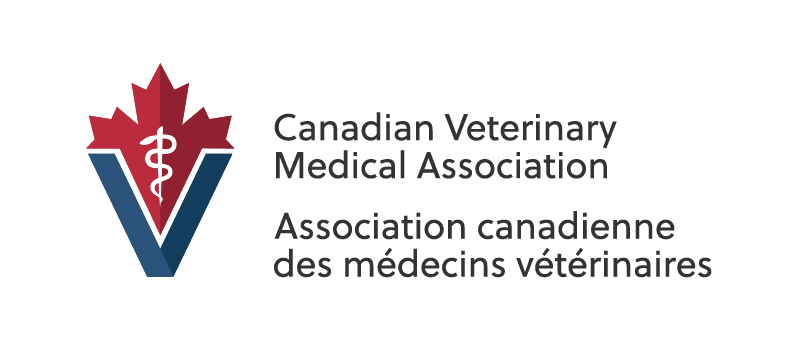
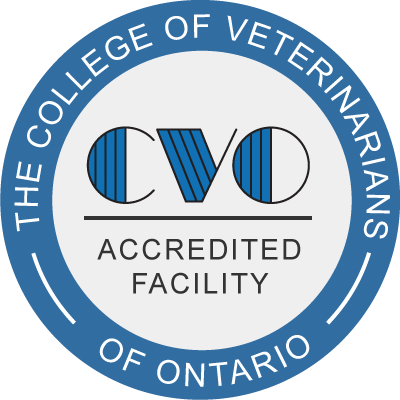
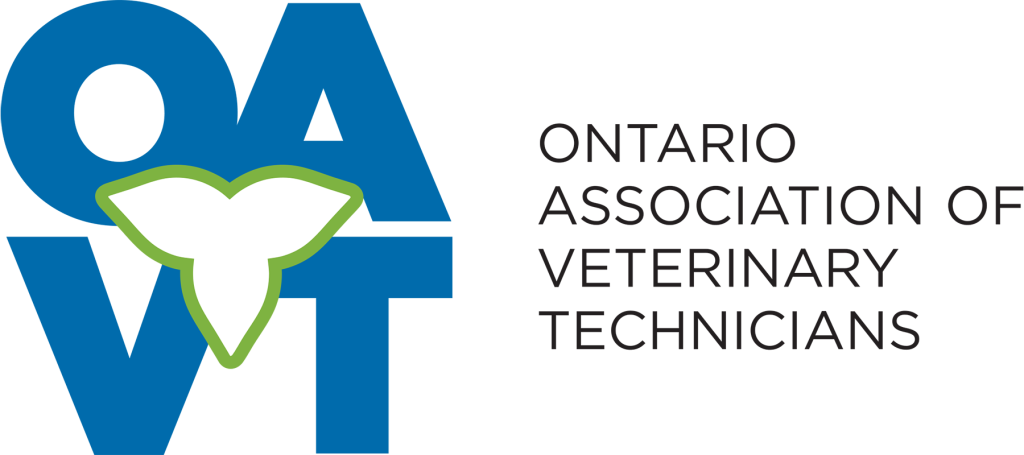
Admissions Information & Requirements
Admission Requirements
- Graduate of a Veterinary Technician program.
Program Specific Requirements & Additional Information
- Companion Animal Physical Rehabilitation Requirements [PDF, 305 KB]
- Proof of rabies vaccination, showing a current protective titre.
- Some experience in a veterinary clinic or hospital is considered an asset.
Tuition, Fees & Payments
The tuition and fees information is typically updated yearly for the upcoming Academic Year in May. The amounts are for the full academic year.
Amounts may be based on last years tuition and fees and are subject to change.
If you are a current student, please refer to your Student Account or see a Student Services Clerk for the most up-to-date information.
Tuition
Domestic: $3,481.87
International: $14,813.46
Ancillary Fees
Ancillary fees vary by campus and support aspects of your experience as a Northern College student, such as Student Associations, Athletic Facilities, and Health Benefits.Ancillary fees are paid in full for the entire academic year in the first semester.
Please see Detailed Ancillary Fees for more information.
| Ancillary Fees by Campus (2024-25) | Domestic | International |
| Haileybury (HL) | $976.50 | $1,589.00 |
Find Your True North.
At Northern College, you’re a part of a community.
From your teachers to support staff and administrators, we are all here to help you get an education and make some lasting connections along the way.
Your success is incredibly important to you, so we provide student supports to help you achieve your goals. From study assistance and accessibility services to mental health supports and financial aid, we’ve got you covered.
Each of Northern’s campuses boasts exercise facilities, a gym, cafeteria, study areas and a library – places that you can go to help keep you focused as you work your way through your studies. The communities we call home are incredible places, filled with amazing people and things to do.
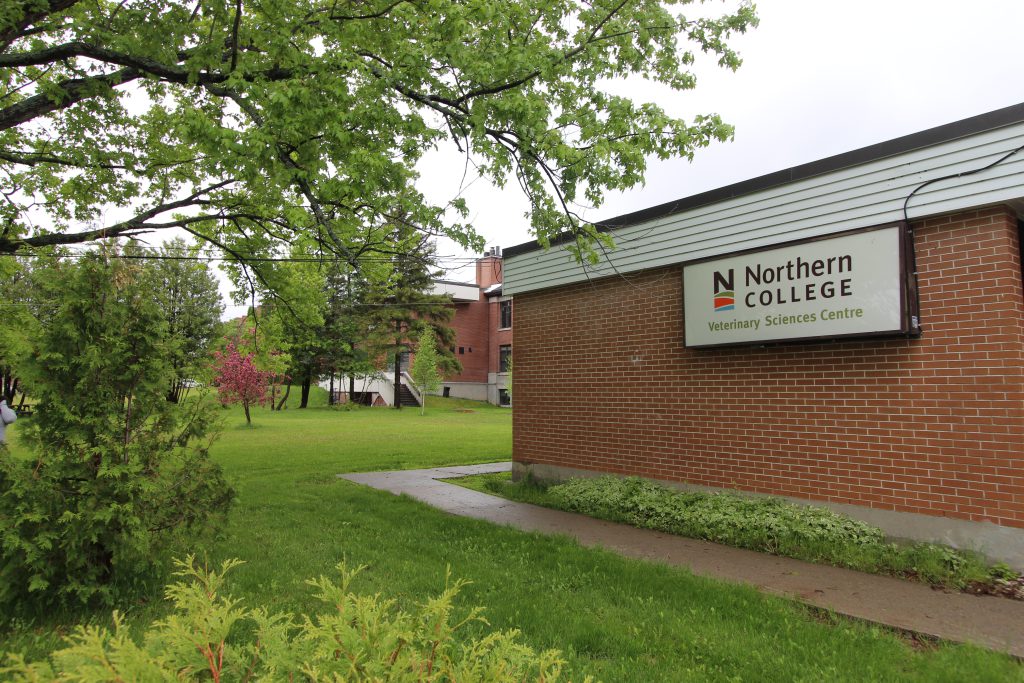
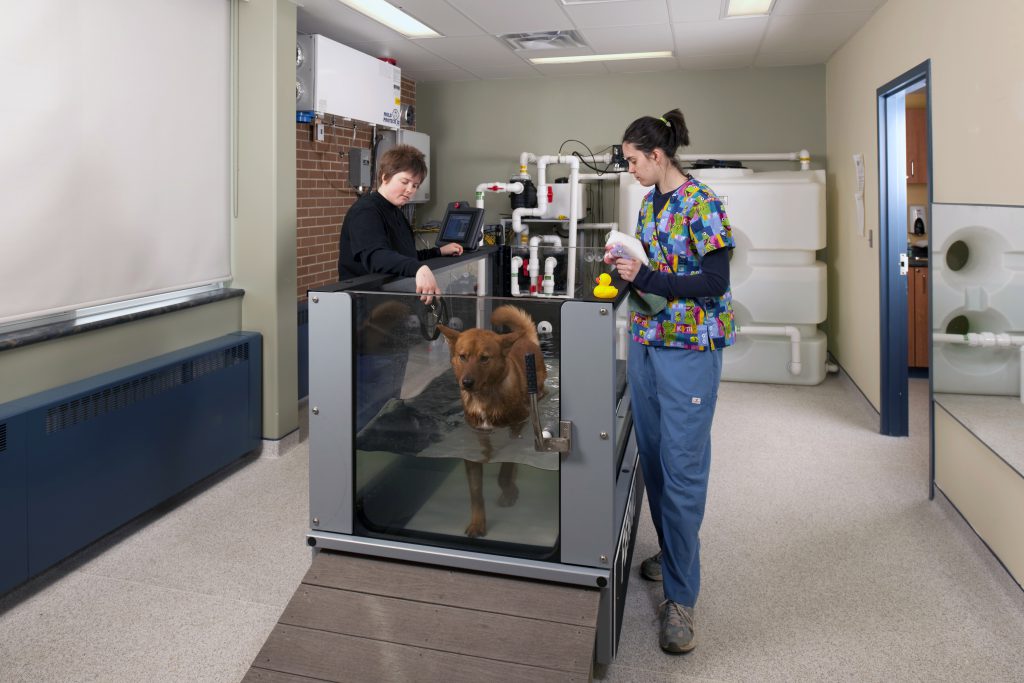
Does Northern College sound like a good fit for you?
Here’s how to take your first steps on your new exciting and rewarding career path.
